News and features
Read the latest news and features about our world-leading research, discoveries, fundraising and philanthropy. If you want to keep updated on our news, you can follow us on social media or sign up for our Search newsletter.
If you’re a journalist and want to find out more, you can contact our media relations team.

Drug discoverer Paul Workman awarded OBE in New Year’s Honours list
Professor Paul Workman, drug discovery scientist and former Chief Executive of the ICR, has been awarded an OBE in the New Year Honours list 2026 for services to cancer research.
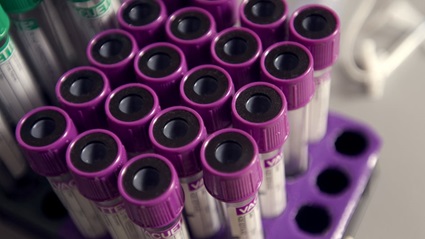
Blood test could spare men with advanced prostate cancer from futile chemotherapy
New research has identified a way to predict resistance to a cancer drug commonly used to treat advanced prostate cancer.
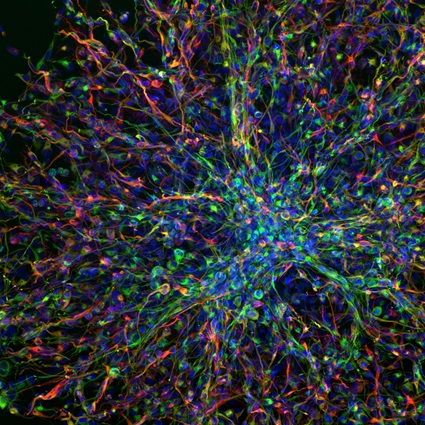
ICR researchers to contribute to £13.7m brain tumour research consortium
The NIHR has announced a £13.7 million investment into research to develop new brain tumour treatments in the UK. The funding will establish the NIHR Brain Tumour Research Consortium – a national partnership uniting hospitals, universities, cancer centres and charities, along with patients. This is a coordinated UK-wide effort, which will involve the ICR's scientists, aims to transform brain cancer treatment.

New structural insights reveal molecular details of a key step in cell cycle control
In a major advance for molecular biology and cancer research, scientists have uncovered the molecular mechanisms that control a key step during the activation of cyclin-dependent kinases (CDKs) – the master regulators of cell division.
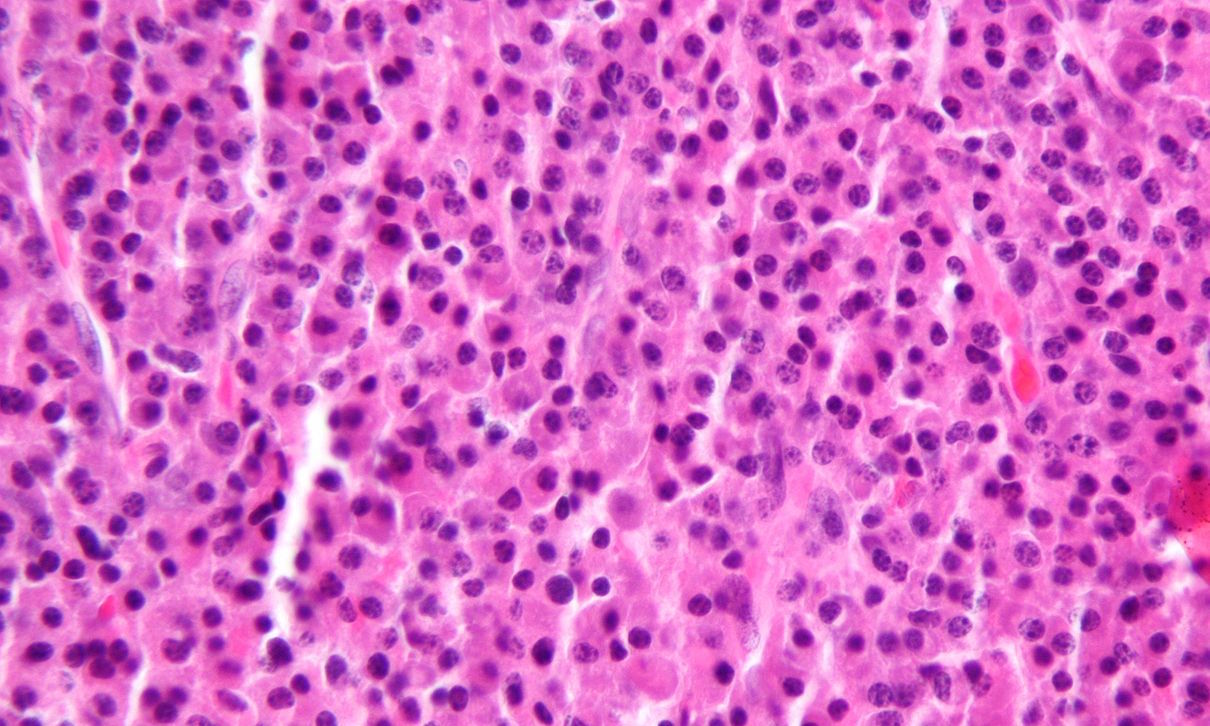
Mapping myeloma mutations: study reveals why some drugs fail and others still work
A new study has shown that small genetic changes in a key protein can determine whether myeloma cells resist or respond to treatment – findings that could help clinicians choose more effective therapies for patients with this type of blood cancer.
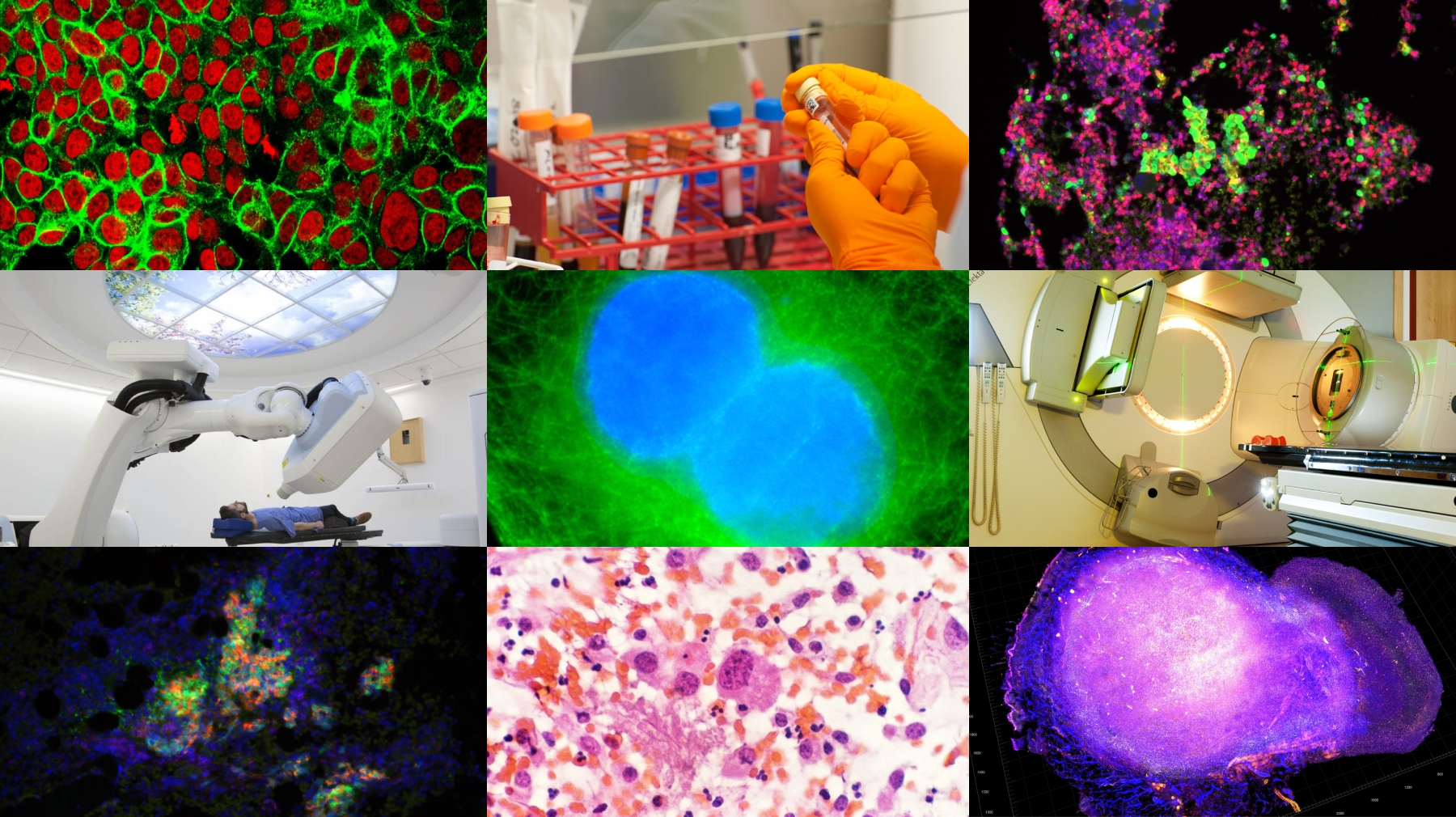
Scientific achievements of 2025
We've selected a range of discoveries from 2024/25 – chosen because they illustrate the quality and breadth of our basic, translational and clinical research and our ambitions under the ICR's research strategy.
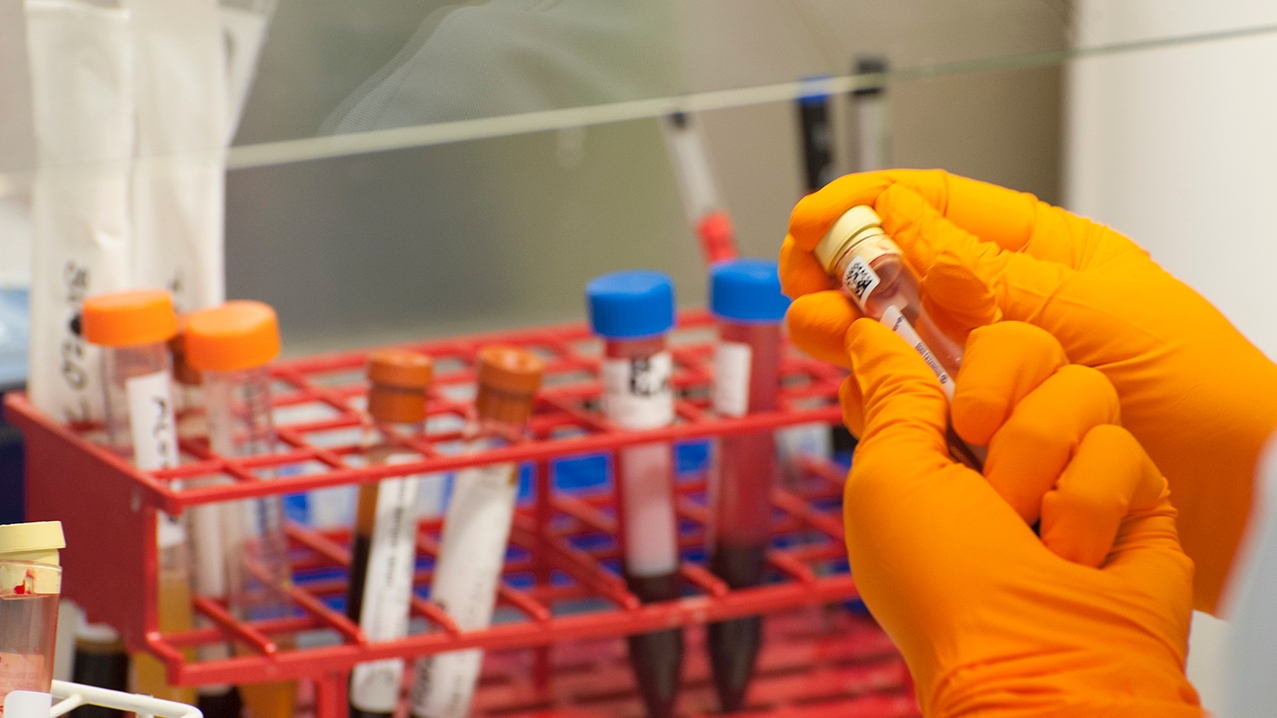
New blood test matches breast cancer patients to the right treatment without a biopsy
A new type of blood test can accurately identify different types of breast cancer – meaning patients can be matched to the correct treatment without the need for a biopsy.
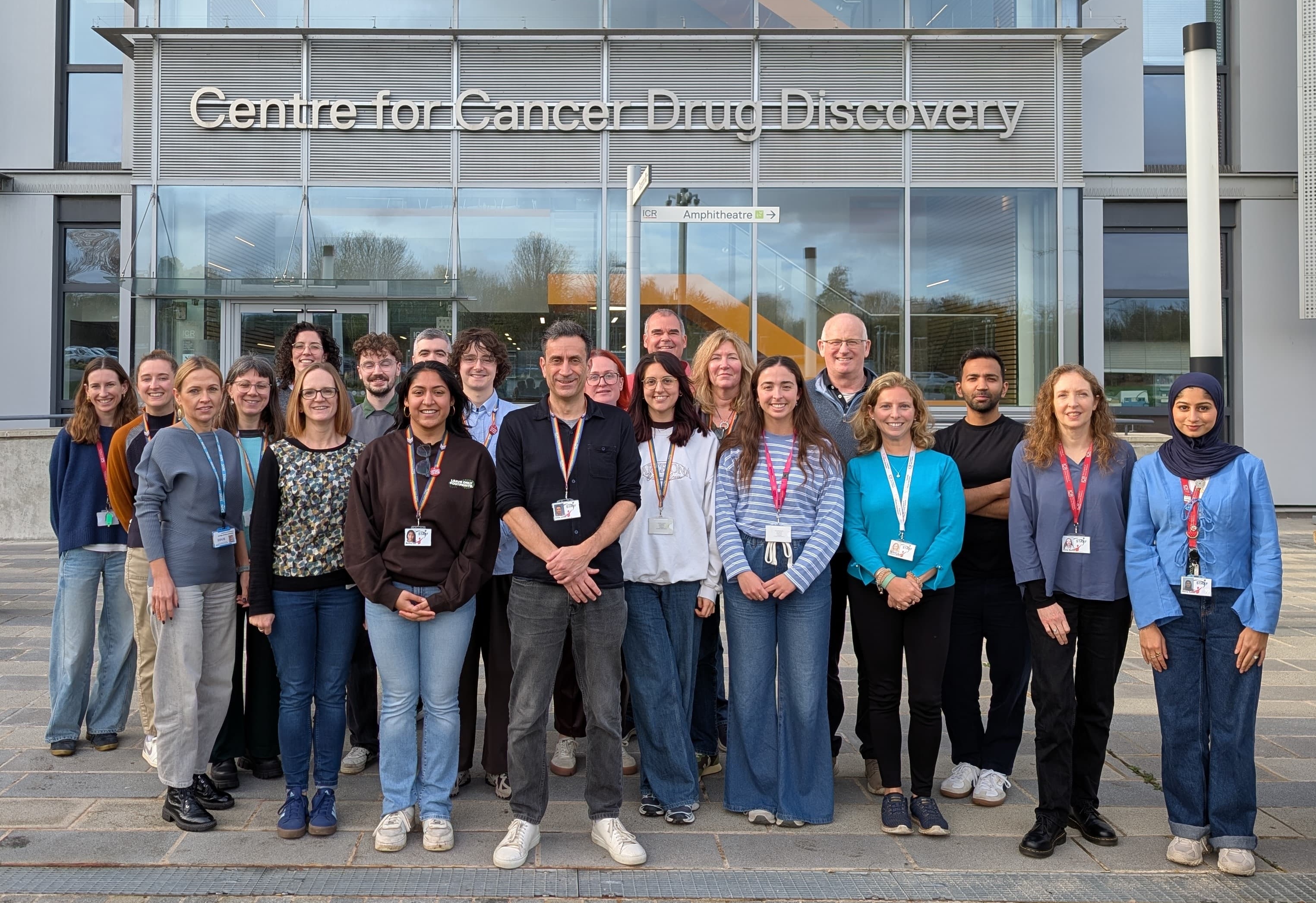
The ICR honoured for vital role in advancing research-driven care for children with brain tumours
The Royal Marsden Hospital, St George's Hospital and King's College Hospital with The Institute of Cancer Research, London, as the South London Paediatric Neuro-Oncology Network, has announced that it has been designated a Tessa Jowell Centre of Excellence for Children.
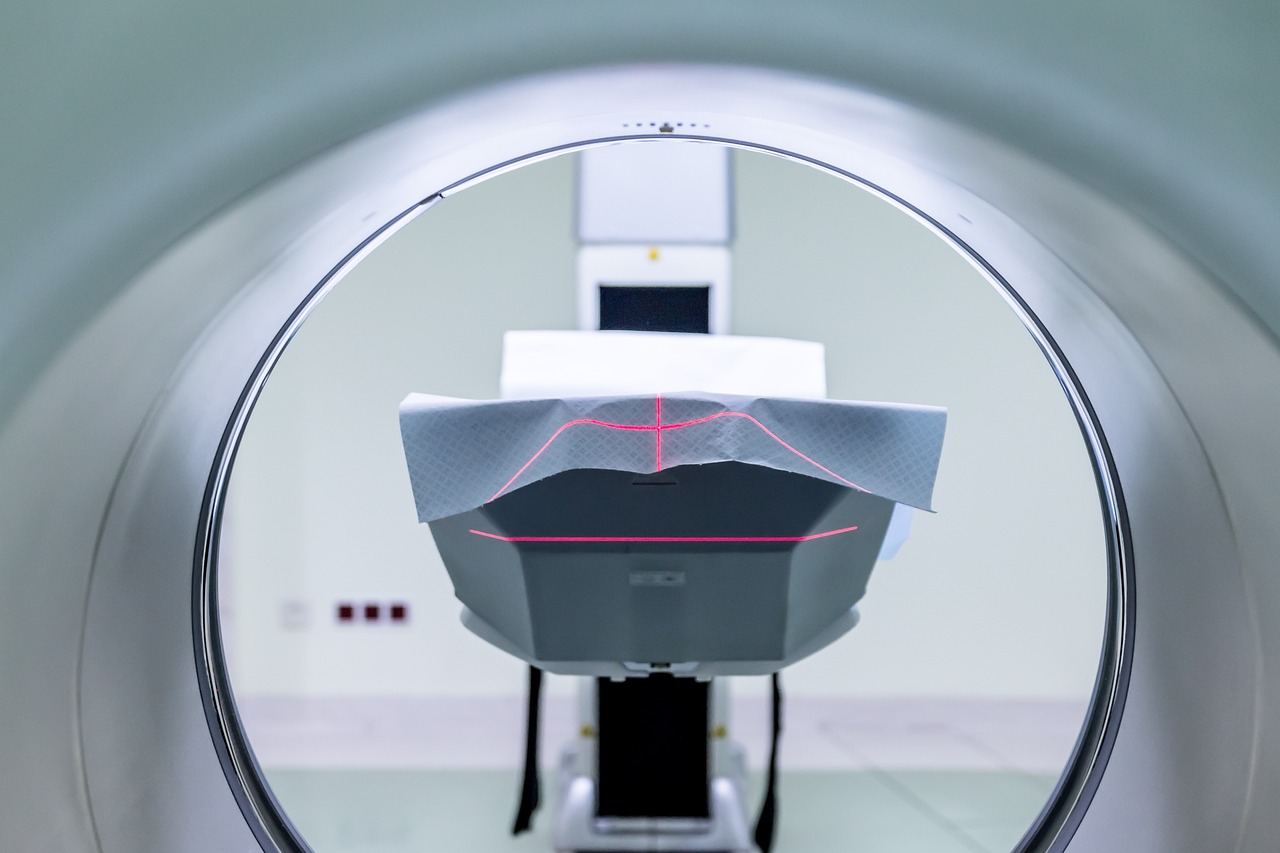
New AI models set to revolutionise medical imaging and transform cancer care
Two ground-breaking studies have demonstrated that combining artificial intelligence (AI) with state-of-the-art MRI imaging could revolutionise how clinicians detect, monitor and treat advanced prostate cancer.
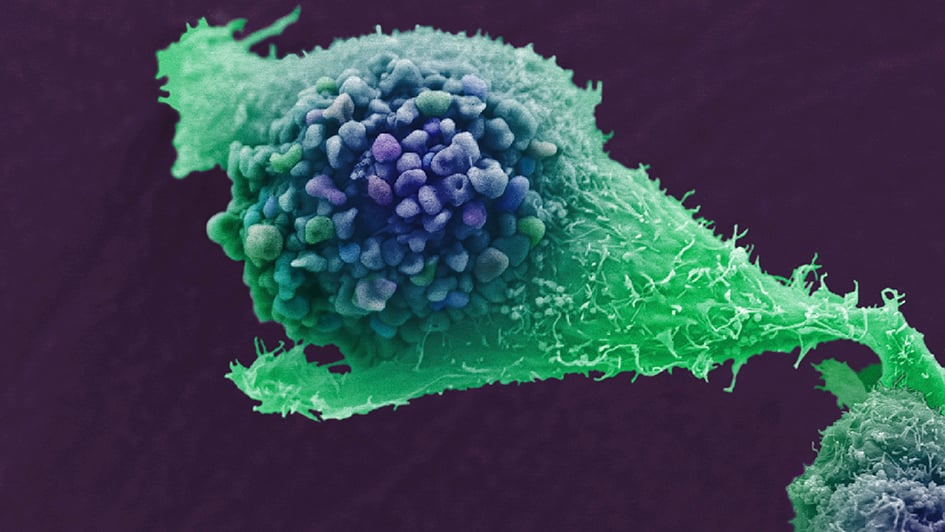
ICR responds to announcement of prostate cancer screening for men with BRCA1 and BRCA2 gene mutations
Experts at The Institute of Cancer Research, London, have responded to the draft recommendation from the National Screening Committee (NSC) to implement a targeted prostate cancer screening programme for men with a confirmed BRCA1 and BRCA2 variant.
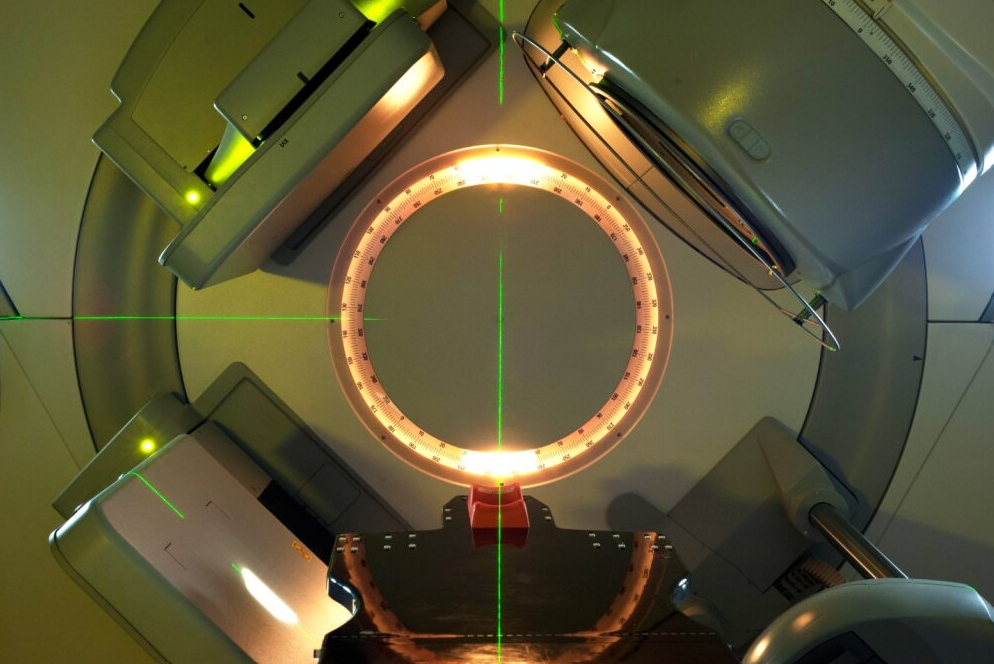
ICR awarded prestigious prize for radiotherapy research
The Institute of Cancer Research, London, has been awarded a Queen Elizabeth Prize for Higher and Further Education - the highest national honour in UK further and higher education for its pioneering radiotherapy research.
.jpg?sfvrsn=205a5de0_2)
First men invited to take part in the most ambitious prostate cancer trial in decades
Today, the first men have been invited to join the ambitious £42 million TRANSFORM screening trial, kicking off the biggest prostate cancer screening study in a generation.
